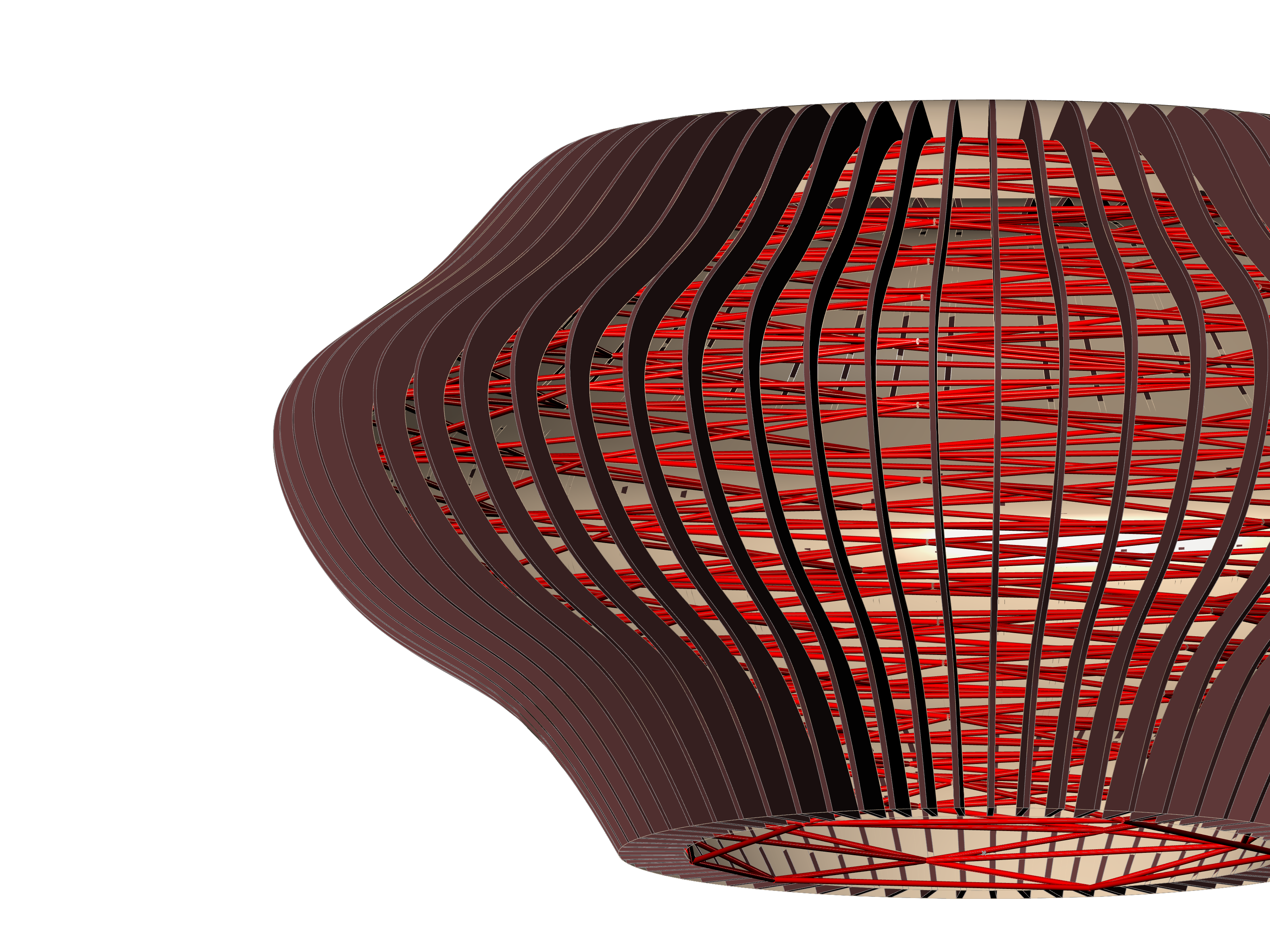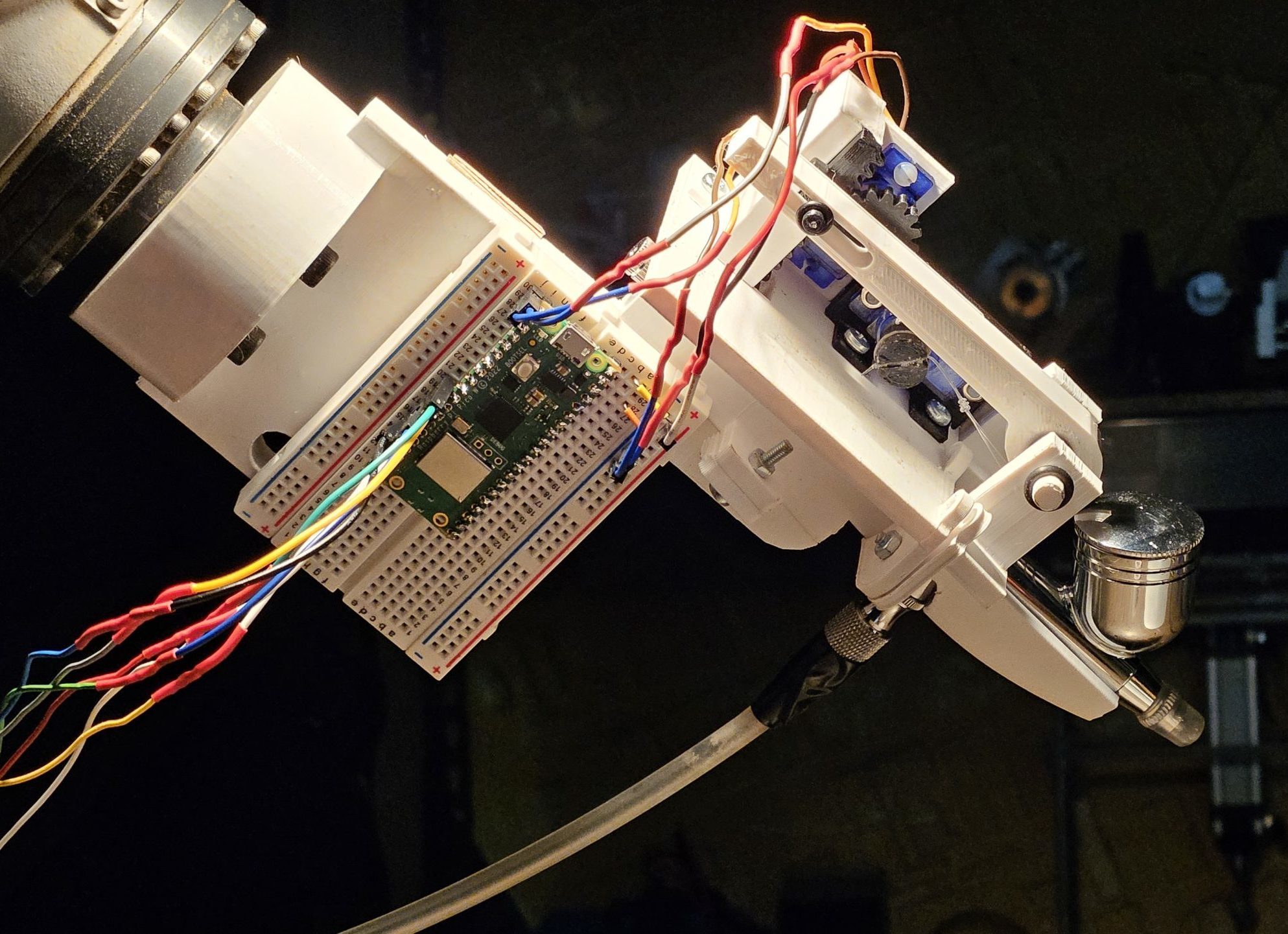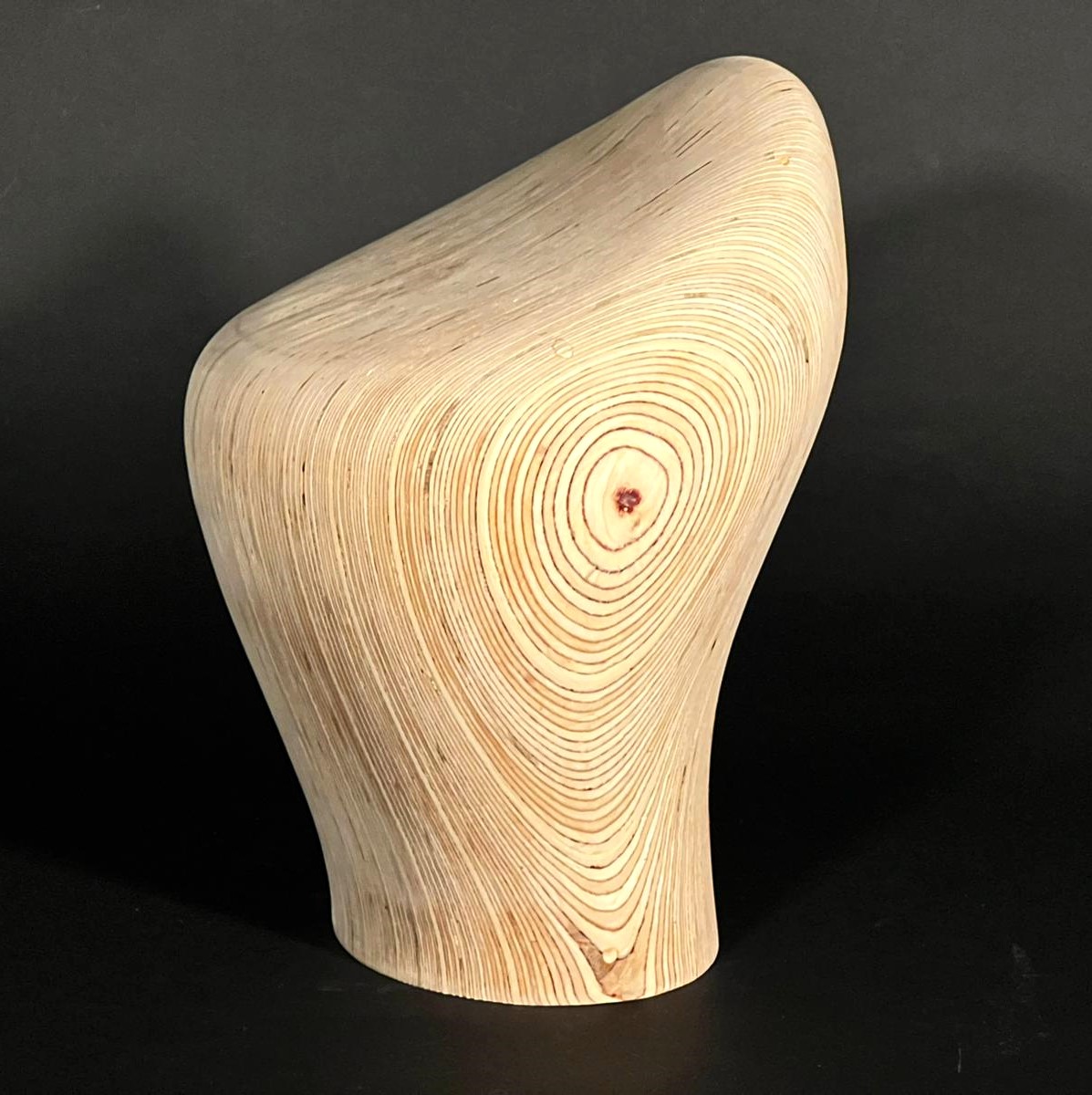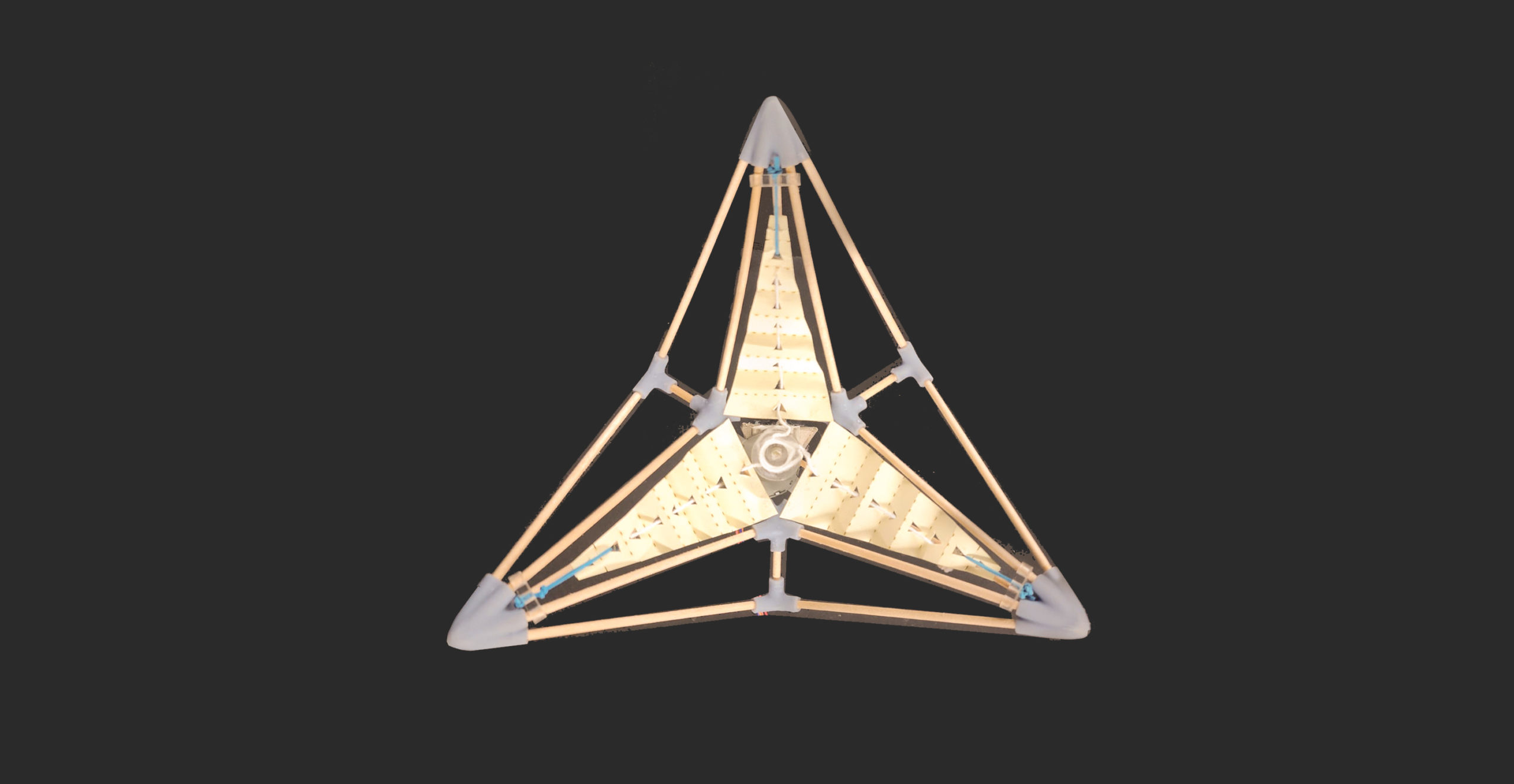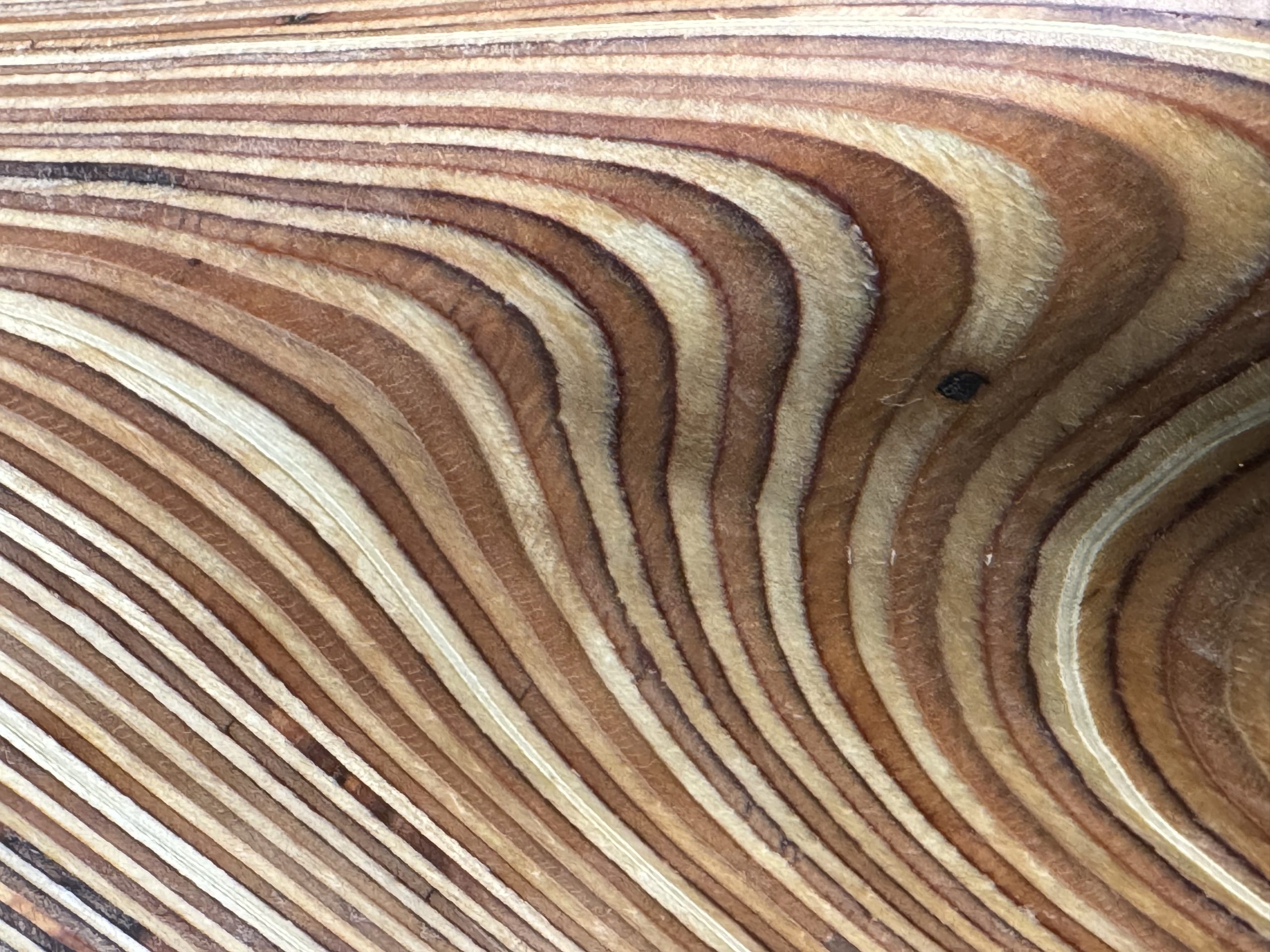“Fibernetics: Bridging Kinetic Architecture with Cybernetics for Adaptive Spatial Configurations”
Abstract: Architectural space has been non responsive to the dynamic and changing nature of social interaction. Building on the history of responsive architecture, interactive design principles and technological developments in sensing, processing and actuation, the project proposes a new model that merges kinetic architecture and cybernetics. Creating adaptive configurations through automated kinetic architectural skeletons, employing … Read more





